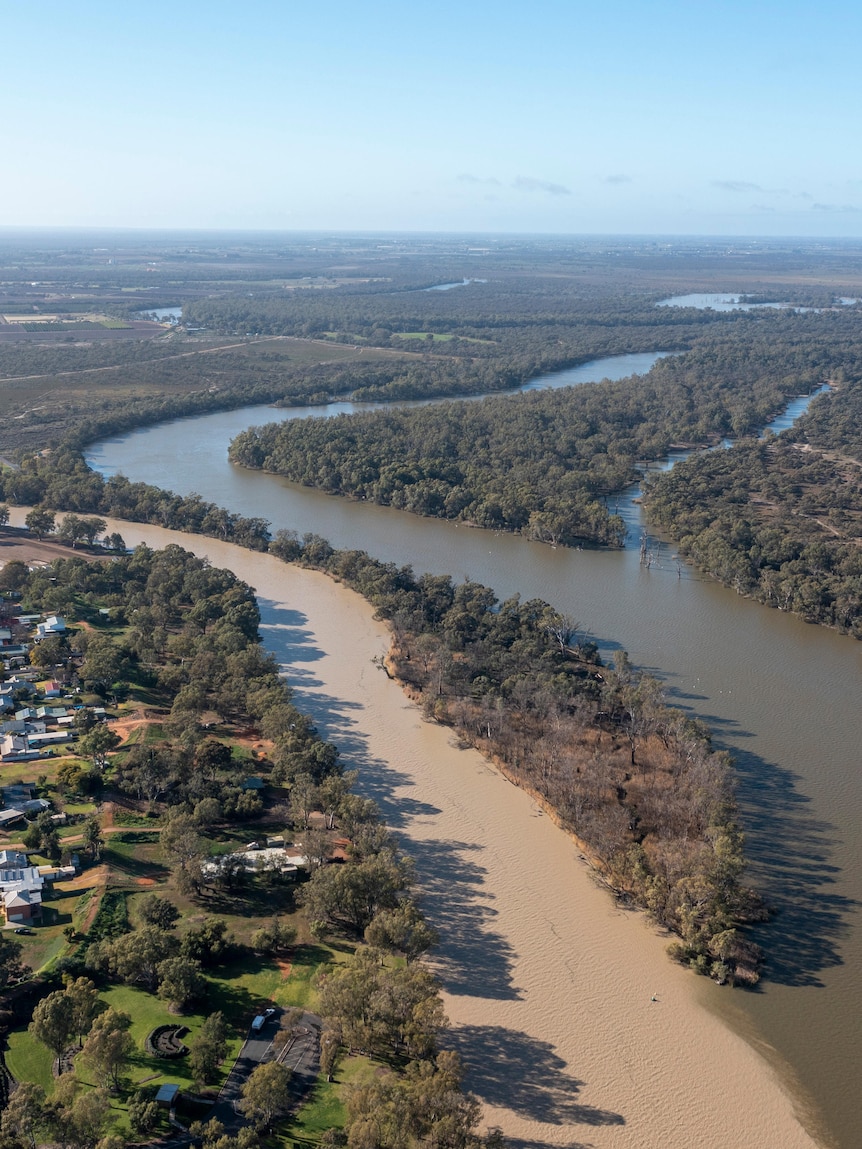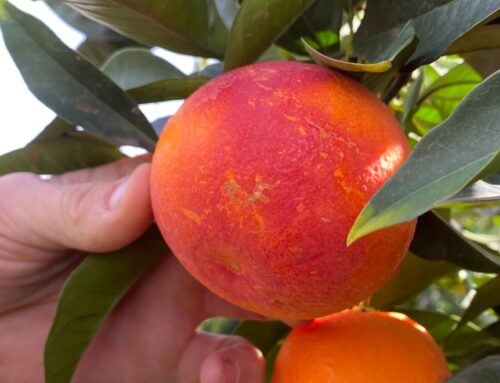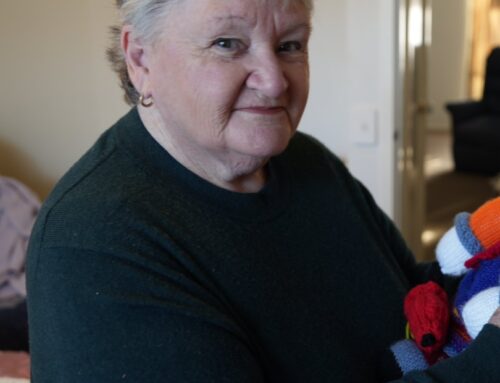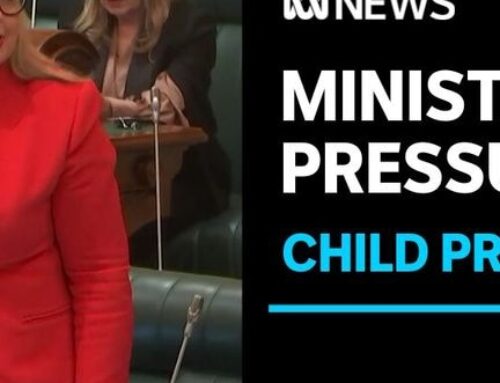Water theft is sometimes perceived as being a victimless crime, but for South Australian fifth-generation dairy farmer Sam Dodd, who has seen his industry shrivel around him, it is hard not to take it personally.
Situated in the Lower Lakes where the Murray-Darling Basin ends, Mr Dodd is on one of the Coorong’s two remaining dairy farms, so is aware of how tenuous the flow of water from upstream can be — and the need to protect it.
He pointed to the contentious practice of floodplain harvesting, “which takes water away from the rest of us”.
“There’s a balance and we hope the bureaucratic process and the parliamentary process can get it right,” Mr Dodd said.
A new study has found inconsistency in water laws between states is making it more difficult to prevent and punish theft to provide water security for primary producers who rely on the Murray-Darling Basin.
Water in Australia is a valuable resource with the rights to the Murray-Darling Basin system valued at nearly $100 billion, but it is poorly protected.
Water theft can be defined as taking water from lakes or rivers without paying for it, such as by using an unmetered pump.
“We need a system that works, and not just from a theoretical point of view, also from a practical one,” Mr Dodd said.
Mr Dodd said the opportunity for individual gain could be tempting.
“I’d say where anything has a monetary value, there’s always going to be those who choose to flout the laws to gain benefit from it,” he said.
A water fact-finding mission
University of Adelaide associate professor Adam Loch is an author of the study examining the states’ different approaches to water theft policy.
The study was prompted by comments made by the Inspector-General of Water Compliance Troy Grant during a recent Senate inquiry.
“He fronted up this time last year at a Senate inquiry into a range of things, and he essentially made a comment along the way that he was struggling to do his job — that was my impression at least,” Dr Loch said.
“Because of the inconsistency between the laws at each of the state levels, which are responsible for helping him tackle theft … we took his point on board and said, ‘Well, is that true?'”
Dr Loch and his team investigated the comments and found they were an accurate reflection of reality between the states.
The Inspector-General dropped 62 cases in February last year, citing a lack of state legislative support, the inconsistency in tackling water theft, and allowances for some irrigators to balance their accounts.
“He’s absolutely right and that has enormous costs, particularly, I suspect, for the environment which can be very vulnerable to theft because nobody is really out there on the side watching, compared to a farmer who could be expecting water to arrive,” Dr Loch said.
“Effectively, if we can’t prosecute people, stop them from doing this in the basin, we’re all worse off, our food costs go up, our rights are diminished, our confidence in the basin programs is shattered.”
Managing a national resource
Murray-Darling Basin Authority chief executive Andrew McConville said he agreed with the report’s assessment.
“Water management is part of a federal system and water is a state responsibility, in essence,” he said.
“So every state has the responsibility to regulate issues like water theft and overuse at that state level.
“The basin plan coordinates an environmentally sustainable level of take from the wider basin perspective.
“Federalism is a great system until you’ve got to work in it. It gets challenging and complex and each state will adopt a slightly different approach.”
Mr McConville said the message at the heart of the matter was the need for all states to work together.
“The vast majority of people are doing the right thing, but we need to make sure we have an approach where states can collaborate and coordinate together,” he said.
Stories from farms and country towns across Australia, delivered each Friday.





